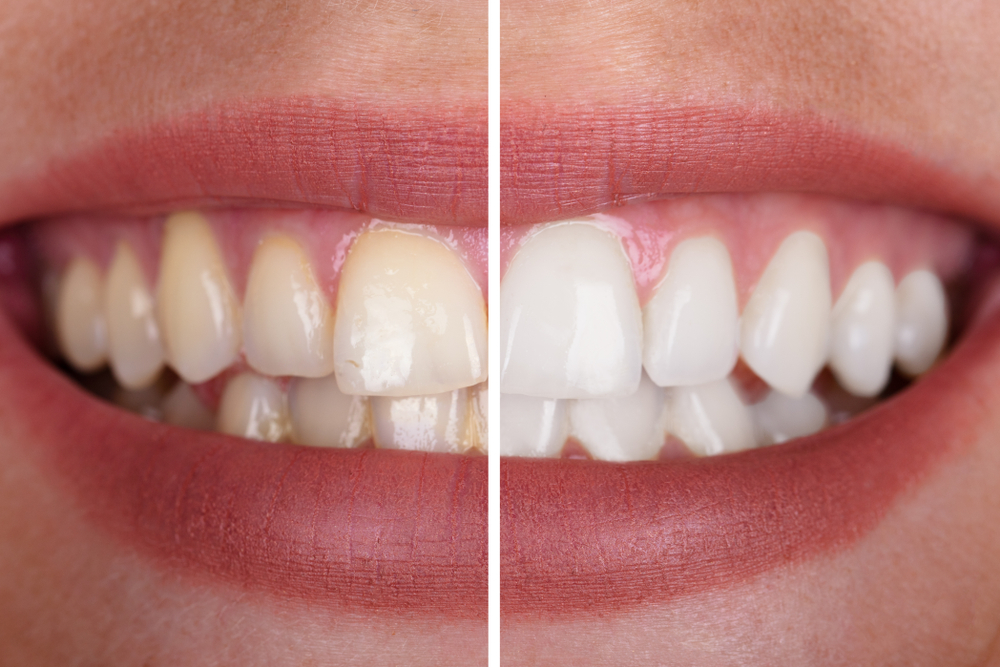Implant-supported dentures are an increasingly popular option for people considering traditional dentures to replace missing teeth. It’s a significant decision to make, and there are many key considerations to think about for implant-supported dentures.
We’ll go over these factors to help you determine whether you want to explore implant-supported dentures for that great smile and bite without the discomfort that comes with traditional dentures.
Overall Dental Health and History
Before considering implant-supported dentures, your dentist will evaluate your overall dental health and history. This process involves assessing the state of your gums, teeth, and jawbone to ensure they’re strong enough to support dental implants. After visually looking inside your mouth, the dentist will take X-rays to get a better look at the bone structure of your jaw.
Dental implants are fused to the jawbone, which means patients must have enough healthy bone tissue for successful placement. If bone loss has already occurred, a bone graft may be required before implants can be placed.
Additionally, we’ll address any current dental issues like active gum disease or tooth decay. These difficulties can make it harder for the implant surgery to be successful.
Implant-supported dentures require regular dental checkups, cleanings, and proper oral hygiene routines to prevent infection and ensure the longevity of the implants. We’ll make sure your oral hygiene habits are good and that you’re willing to maintain good dental care.
It’s also important to discuss any past dental treatments or surgeries with your dentist before considering implant-supported dentures. These may impact the suitability of the procedure and should be taken into consideration.
Budget, Insurance, and Financial Considerations
Implant-supported dentures are a significant investment in your oral health and well-being. When considering this treatment, it is crucial to think about your budget and financial considerations.
Here are some key points to keep in mind:
1. Initial Costs
Implant-supported dentures are a more expensive option than traditional dentures. The costs involved include the dental implants, the denture itself, and any additional checkups and follow-up appointments. Your dentist will provide you with an estimate of the overall cost so that you can plan accordingly.
2. Long-Term Costs
While implant-supported dentures may be more expensive initially, they are often more cost-effective in the long run. Traditional dentures may need to be replaced every few years, whereas implant-supported dentures can last a lifetime with proper care. Additionally, implant-supported dentures often require fewer adjustments and repairs over time because they are sturdier and remain in place longer than traditional dentures.
3. Insurance Coverage
Dental insurance may cover a portion of the costs associated with implant-supported dentures. Be sure to check with your insurance provider to determine what is covered and what your out-of-pocket costs may be.
4. Financing Options With CareCredit
If you cannot afford to pay for implant-supported dentures upfront, we have a CareCredit program available to you. Learn more about CareCredit here.
5. Value for Your Health
Ultimately, the decision to invest in implant-supported dentures comes down to the value you place on your oral health and quality of life. While the initial costs may be higher, the benefits of implant-supported dentures may outweigh the financial investment. Implant-supported dentures provide a more stable and comfortable solution than traditional dentures, which can enhance your ability to speak, eat, and smile with confidence.
Patient Preference and Lifestyle Factors for Implant-Supported Dentures
Another crucial consideration when deciding on implant-supported dentures is your preference and lifestyle factors. Implant-supported dentures come in two types: fixed and removable. Fixed dentures are attached to the implants and can only be removed by a dentist, while you can take out removable dentures for cleaning and maintenance.
If you prefer a more permanent solution and do not want to deal with the hassle of removing and cleaning your dentures daily, fixed dentures may be the better option. On the other hand, if you want flexibility and ease of maintenance may opt for removable dentures. Either way, implant-supported dentures are more comfortable and stable than traditional ones.
Additionally, your lifestyle and daily activities can also impact the decision. For example, if you’re someone who enjoys engaging in physical activities that could result in an impact on the mouth, you may be better suited for removable dentures. Fixed dentures can potentially break or dislodge under high impact or forceful contact, whereas removable dentures can be easily removed during physical activities.
Your preferences can also influence the choice of denture material. Implant-supported dentures can be made of various materials, including acrylic, porcelain, or zirconia. Acrylic is a more affordable and lightweight option, while porcelain and zirconia offer greater durability and a more natural appearance. You should consider their aesthetic goals, functional needs, and budget when selecting the suitable material for your implant-supported dentures.
The Role of Your Dentist in Decision-Making for Implant-Supported Dentures
When it comes to deciding on implant-supported dentures, your dentist plays a crucial role in guiding you through the process. Their experience and expertise are essential to ensure that you make informed decisions and get the best outcome.
Once your dentist confirms that you are a good candidate for implant-supported dentures, they will explain the procedure in detail and answer any questions or concerns you may have. They will discuss the types of implants available, the duration of the treatment, and the post-operative care that you will require. You can also ask your dentist about their experience with implant-supported dentures.
We have four doctors on staff, Dr. Fannin, Dr. Dills, Dr. Hall, and Dr. Sponenberg, who are all highly qualified and experienced with implant-supported dentures. Any one of them can help you if you’re interested in this dental innovation.
Contact us or call (417) 887-1220 for more information!




